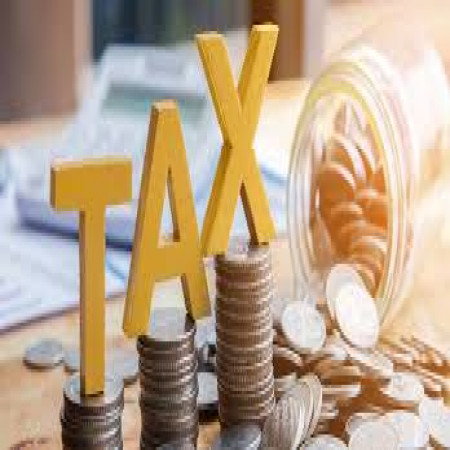Pakistan’s taxation regime discourages self-employment and small businesses

Pakistan’s tax policy discourages individuals from self-employment or running small businesses. While salaried individuals get taxed at 35 percent tax only above an annual taxable income of Rs 75 million, self-employed people are taxed at 35% for income above just Rs 6 million. At Rs 6 million, salaried individuals would pay only 22.5% tax on excess income.
If this small business or practice registers as a small company, the tax rate would be 21 percent on the entire taxable income, even as low as 7.5 percent for some SMEs.
Self-employed individuals include professionals like doctors, dentists, lawyers, engineers, accountants, beauticians, fashion designers and tailors, who run their private practices, clinics, beauty salons, boutiques, shops, or businesses as sole proprietorships or partnerships. Self-employed individuals were 15 percent of employed individuals in the EU in 2020, while the World Bank estimates 56 percent of individuals in Pakistan are self-employed. Hence, even without including the workers hired by them, self-employed individuals are vital to our economy.
The provincial governments impose a sales tax of 13-16 percent on revenues from services. Additionally, FBR charges a 7 percent withholding tax (minimum tax) on these revenues. This withholding tax is up to 10 percent for many services. The 7 percent withholding is also charged on the 13-16 percent sales tax. Remember, this isn’t taxing income, but revenues, i.e., the amount the customer pays to the professional for their service.
Business cards

our sponsors

